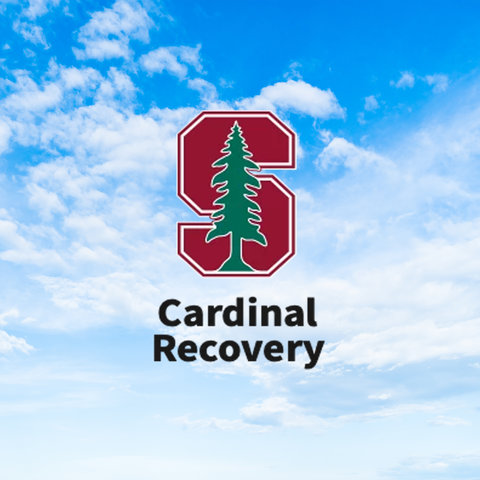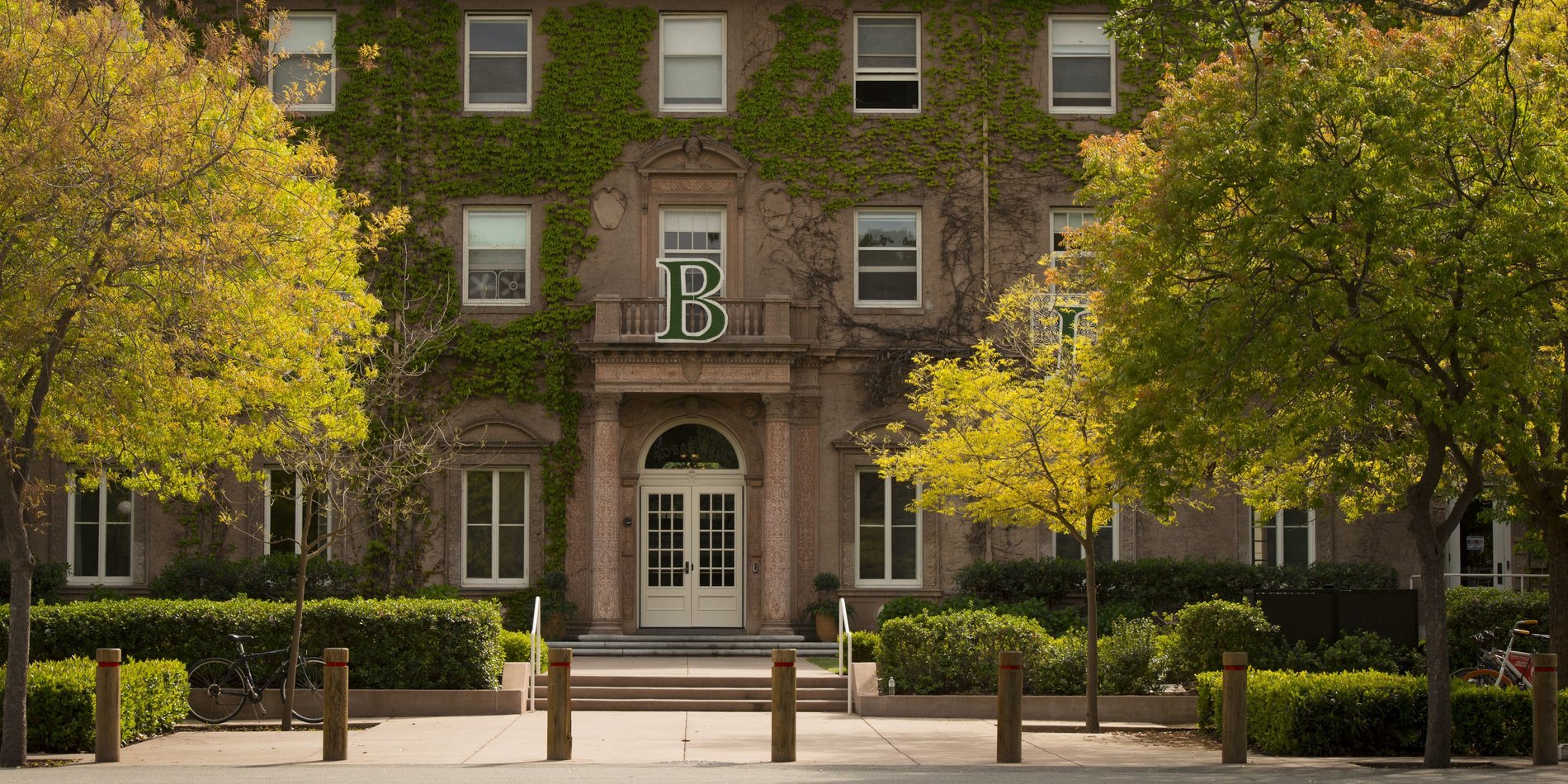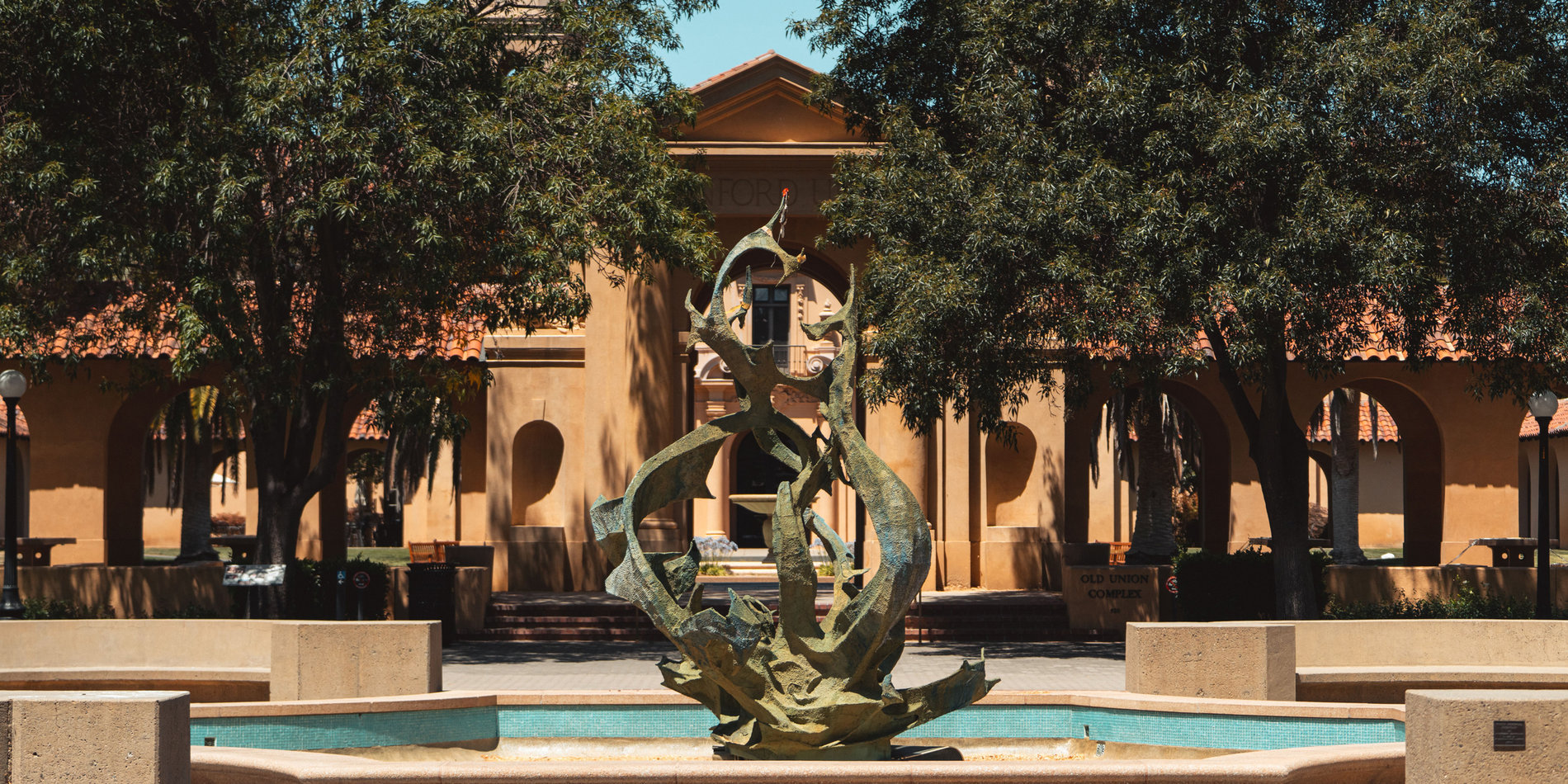Cardinal Recovery
Stanford's collegiate recovery program, Cardinal Recovery, provides peer-led support for substance use and behavioral addictions. Because recovery is a subjective and varied experience, Cardinal Recovery embraces SAMSHA's working definition of recovery as "a process of change through which individuals improve their health and wellness, live a self-directed life, and strive to reach their full potential. In addition to facilitating a variety of weekly recovery meetings and mentorship, Stanford affiliates can find inclusion and belonging at substance-free events hosted by Cardinal Recovery.
Recovery
While Recovery Is a Fluid and Subjective Experience, We Are Using the Following Working Definition:
Recovery is defined by the individual, not a particular method. Cardinal Recovery is open to any stanford affiliate regardless of their recovery pathway, relationship, or status. This can mean total abstinence, or simply a more responsible relationship with substances or behavioral addictions. We welcome you in ANY stage or state of your recovery.
- Cardinal Recovery ListServe: If you would like to join the Stanford Recovery Community listserve to hear about meetings and events for the community, contact Corey Lamb.
- If would like to schedule a 1-on-1 meeting to discuss recovery you can do it here -
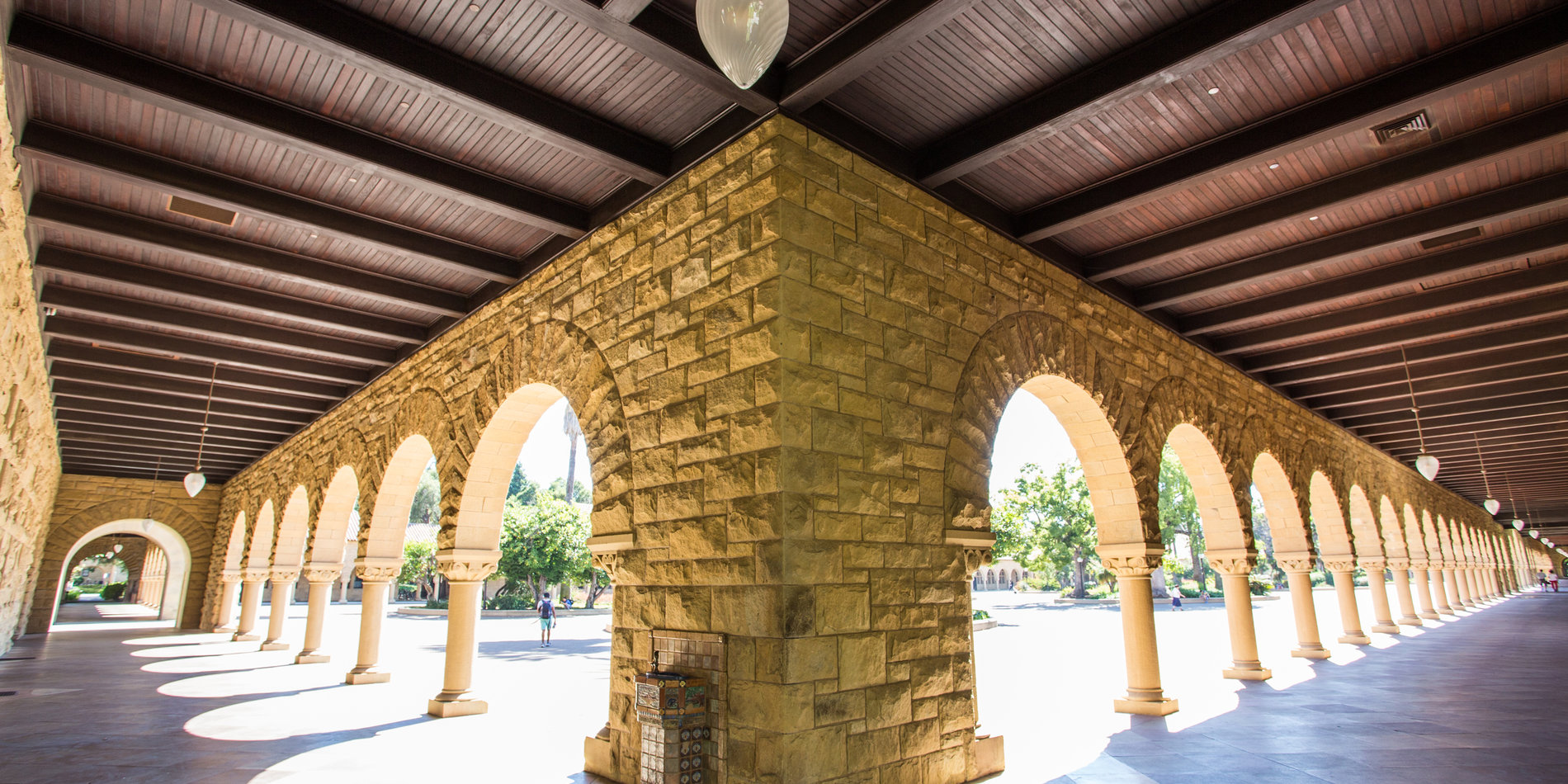
I am in recovery and would like to know what support is available to me
Information regarding opportunities to find support and connect with resources.
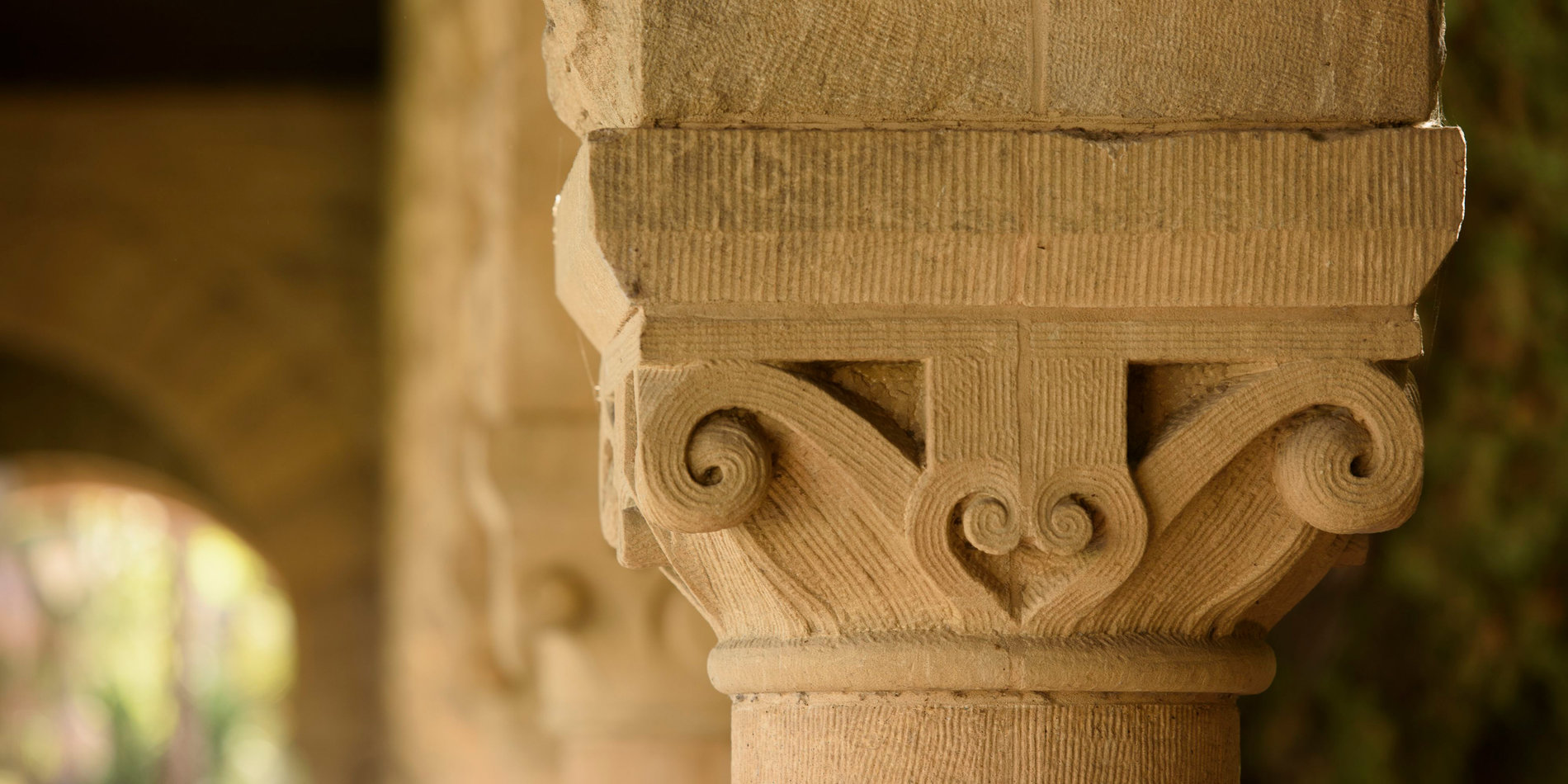
I have a loved one in recovery and I'm seeking support
Substance misuse and addiction can impact friends, family, and loved ones deeply. Some may arrive at Stanford having witnessed addiction in their homes, or within their communities and families. Environments in which drugs and alcohol are being used may trigger specific memories and traumatic experiences.
Check back frequently as we continue to build out our resources and the community!

